The reasons for not reacting emotionally after a point are many.
1. In a close match, you will lose every other point. Reacting after points means you will continually swing up and down. This is an exhausting emotional roller coaster and will mentally tire you out in a long match.
More: Accelerate Your Efforts After Winning a Close First Set
2. You will make errors, some unaccountably terrible and some on huge points. If you react to these errors, they will scare you and possibly make you lose faith in your strokes.
Experiments have shown that memories are genetically programmed to be enhanced when accompanied by strong emotion, and it is not beneficial for us to remember all of our errors too vividly.
So it's best to completely ignore errors emotionally. Assume they are random incidents and immediately forget about them. The response should be, "Nothing happened." Then just walk on without acknowledgment.
More: Control Your Excitation Level for Better Match Play
3. Reacting after points momentarily throws you off balance emotionally. You then have only a few seconds to gather yourself before the next point starts. You put yourself in an emotional hole and have to quickly dig yourself out. It is best to start preparing for the next point from an emotionally neutral position rather than from a hole.
4. You are momentarily allowing your emotions to get out of your control, and you risk being unable to get them back under control. A tennis matches is best played like a day at the office – going about your business, under control, and using emotions only as needed to help you get the job done.
More: How to Avoid the Trap of Making Excuses
5. You overemphasize the importance of particular points. It is best to treat all points as important but none as too important. This helps keep your emotions on an even keel.
6. If you pump up and celebrate the points you win, what do you do on the ones you lose?
Using Adrenaline
Having said all this, there are occasions, not too often, when even the non-reactive pros choose to react after making a great shot or winning a particularly important point.
- 2
- of
- 3
About the Author

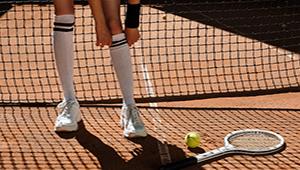
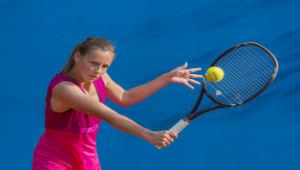
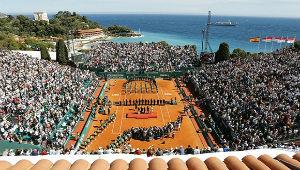
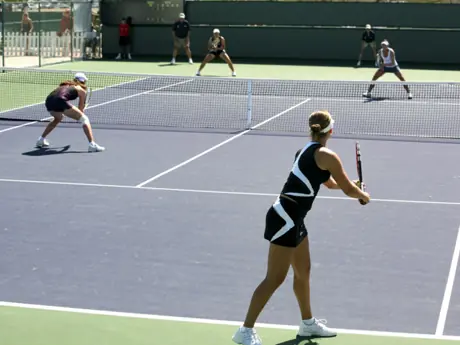



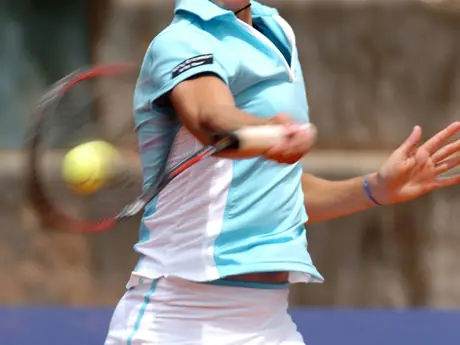
Discuss This Article